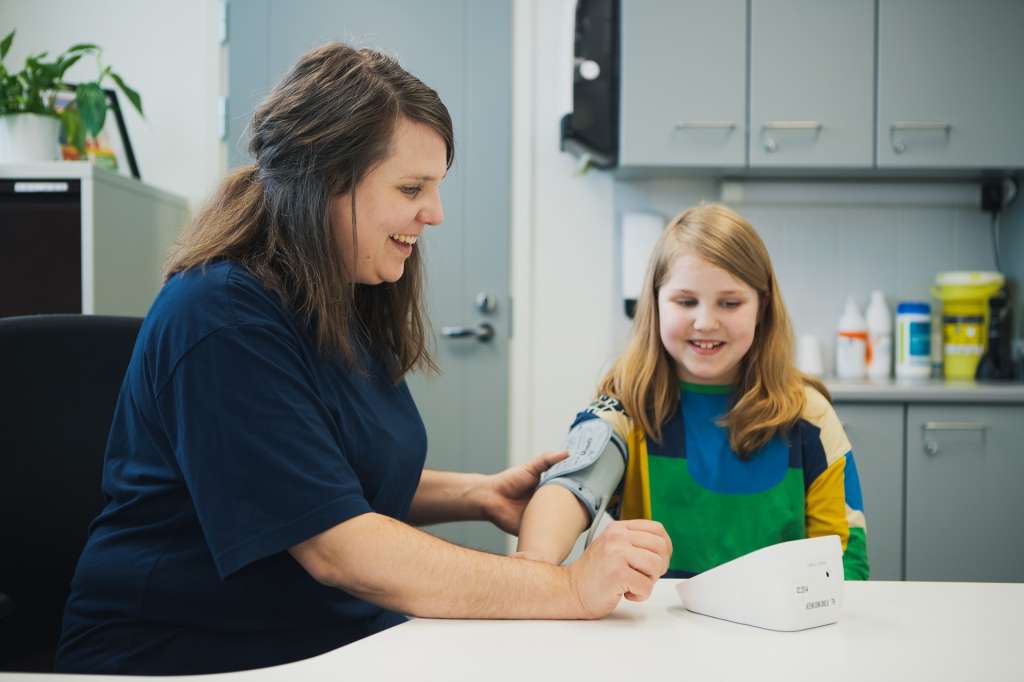
Pupil welfare
Pupil welfare refers to the promotion and maintenance of matters related to a child’s good learning, good mental and physical health, and social wellbeing. Every child in preschool and basic education is entitled to pupil welfare.
Pupil welfare is primarily a preventive work that supports the whole school community. In addition, pupils are also entitled to individualised pupil support.
The task of the pupil welfare service is as follows:
- Promote pupil learning, health, wellbeing and inclusion, and prevent problems.
- Promote the wellbeing, health, safety and accessibility of the school community and the learning environment.
- Promote cooperation between the home and the school.
- Provide early support for those in need.
- Ensure equal access to and quality of pupil support services for pupils.
School social workers and school psychologists to support pupils
Each school has a school psychologist and a school social worker, as well as a school nurse, a school doctor and a school dental care service. Student welfare is part of the educational and teaching role of schools and is based on mutual confidentiality and respect between the school, the home and the pupil.
If you have concerns about your child’s schooling, learning or wellbeing as a guardian, contact your teacher or the school’s student support staff as soon as possible. The pupil can also be the initiator. The school staff has an obligation to initiate cases whenever there is concern for an individual pupil.
School healthcare
School healthcare is intended for comprehensive school children and their families. Work is carried out in collaboration with parents and guardians, as well as with pupil welfare staff, teaching staff and other relevant bodies.
Dental care
School children are called for periodic oral health checks through a notice sent to homes.
